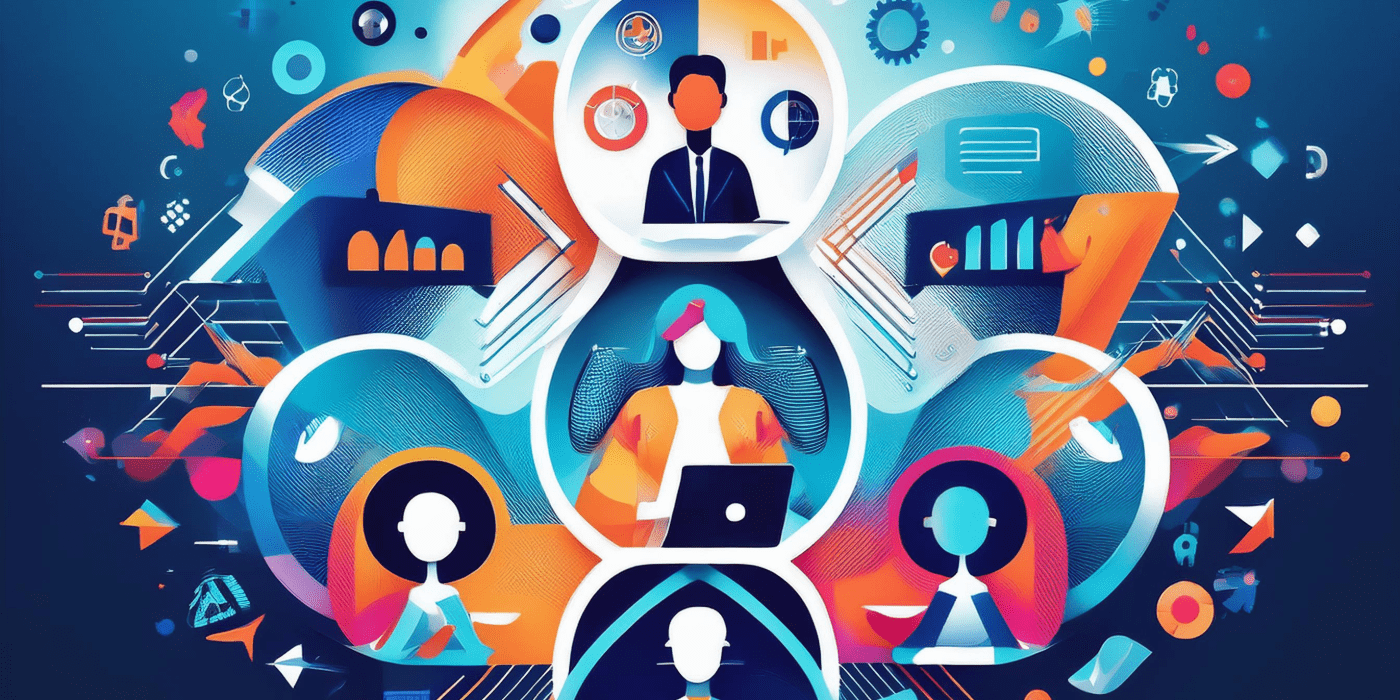The workplace is transforming at an unprecedented pace, driven by technological advancements, shifting work dynamics, and evolving professional expectations. Success in the modern workplace demands adaptability, strategic thinking, and a deep understanding of emerging trends. Here’s how professionals can navigate and thrive in the workplace of 2025.
The Rise of Hybrid Work Environments
Hybrid work models, blending in-office and remote work, are now the norm. This shift requires professionals to master new tools and approaches to maintain productivity and collaboration.
- Strategies for Success:
- Leverage cloud-based platforms like Slack, Microsoft Teams, and Asana for seamless communication and project management.
- Create a dedicated and ergonomic workspace at home to boost focus and efficiency.
- Develop clear boundaries between work and personal life to avoid burnout.
Hybrid work environments prioritize results over hours logged, making self-discipline and goal-setting crucial for success.
Embracing Digital Transformation
The integration of AI, automation, and advanced software is reshaping job roles and workflows. Professionals who embrace these technologies can position themselves as invaluable assets.
- Key Skills to Develop:
- Learn to work alongside AI tools like ChatGPT for enhancing communication and generating ideas.
- Master data analytics platforms to interpret trends and make data-driven decisions.
- Explore automation tools to streamline repetitive tasks, boosting productivity.
By integrating technology into daily routines, professionals can remain relevant and efficient in their roles.
Building Emotional Intelligence (EQ)
While technical skills remain essential, emotional intelligence has become a cornerstone of professional success. EQ enables individuals to navigate workplace relationships, resolve conflicts, and inspire collaboration.
- Core Components of EQ:
- Self-Awareness: Understand your strengths, weaknesses, and emotional triggers.
- Empathy: Cultivate the ability to see situations from others’ perspectives.
- Communication: Foster open and honest dialogue while actively listening.
Leaders with high EQ are better equipped to motivate teams and adapt to the challenges of a diverse and dynamic workforce.
Upskilling and Lifelong Learning
The rapid pace of change necessitates continuous learning. Staying ahead in the workplace means proactively acquiring new skills and expanding expertise.
- Effective Learning Approaches:
- Enroll in online courses and certifications on platforms like Coursera, LinkedIn Learning, or Udemy.
- Attend webinars and industry conferences to stay updated on the latest trends.
- Participate in cross-functional projects to gain a holistic understanding of business operations.
Lifelong learning ensures professionals remain competitive and ready to tackle emerging challenges.
Prioritizing Mental Health and Well-Being
The modern workplace acknowledges the importance of mental health as integral to productivity and success. Organizations are increasingly investing in employee wellness programs, but individuals must also take personal responsibility.
- Wellness Practices:
- Incorporate mindfulness techniques like meditation or journaling into daily routines.
- Take regular breaks and use vacation time to recharge.
- Seek support through professional counseling or peer groups if needed.
A healthy mind leads to better decision-making, creativity, and resilience in the face of workplace stressors.
Networking in a Digital Era
Networking has moved beyond in-person meetings to include virtual connections. Building a robust professional network remains crucial for career growth.
- Networking Tips:
- Optimize your LinkedIn profile with updated skills, achievements, and endorsements.
- Join industry-specific online communities and forums to engage in meaningful discussions.
- Attend virtual networking events and actively follow up with new connections.
A strong network provides access to opportunities, mentorship, and industry insights.
Adapting to Diverse Work Cultures
Globalization and remote work have brought diverse cultures into closer interaction. Professionals must develop cultural competence to collaborate effectively across geographical boundaries.
- Tips for Cultural Sensitivity:
- Learn about cultural norms and practices in regions where your colleagues or clients are based.
- Approach differences with curiosity and respect.
- Use clear and inclusive language in all communications.
Embracing diversity fosters creativity, innovation, and stronger team dynamics.
Conclusion: Mastering the Modern Workplace
Success in the workplace of 2025 demands a proactive approach to adaptability, emotional intelligence, and continuous learning. By embracing technology, prioritizing well-being, and building strong professional relationships, individuals can navigate the complexities of the modern workplace with confidence. The future of work is here, and those who prepare for its challenges will thrive in this dynamic environment.




